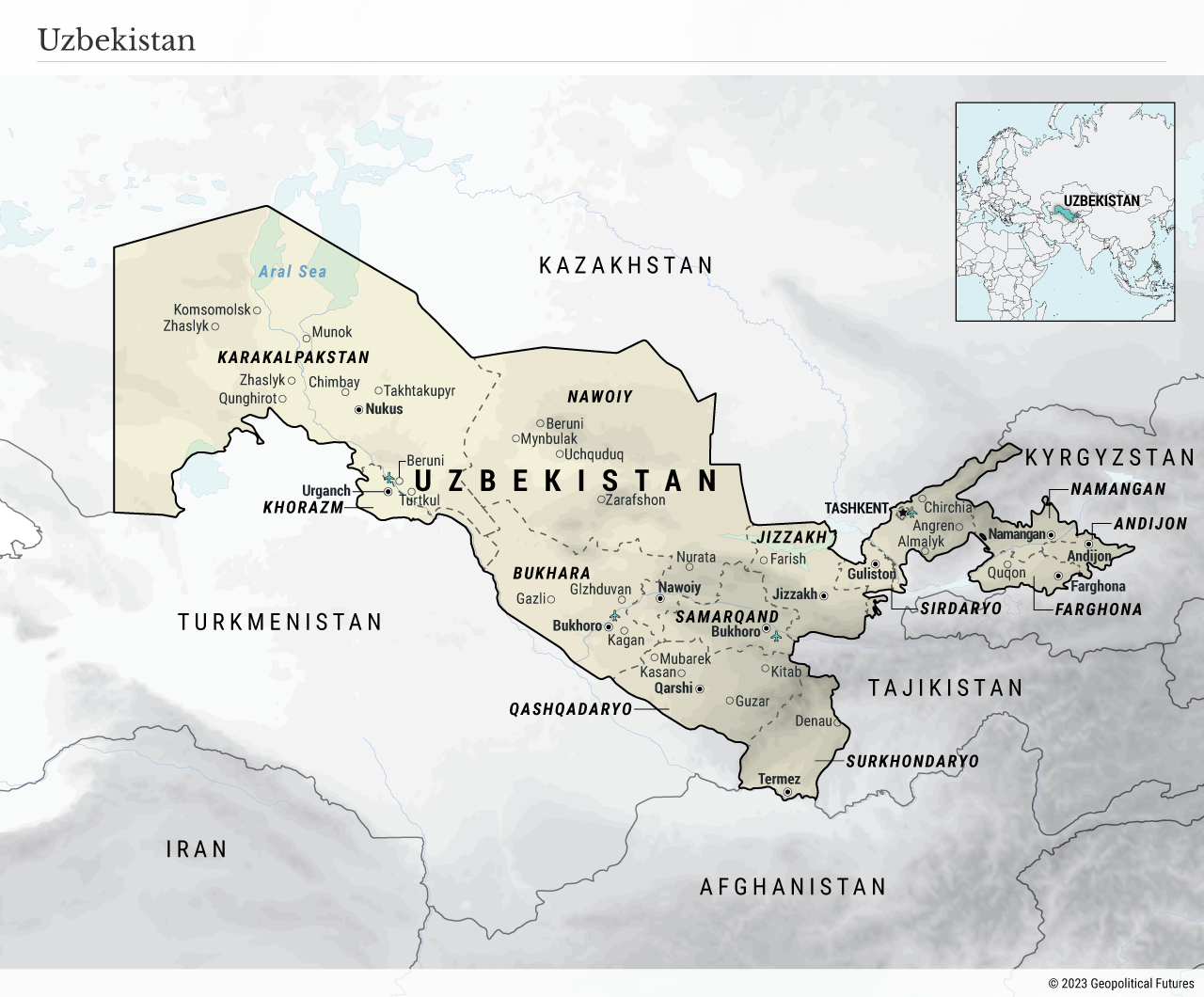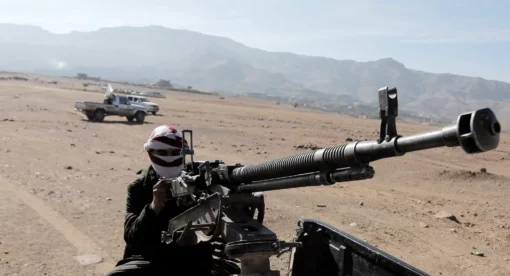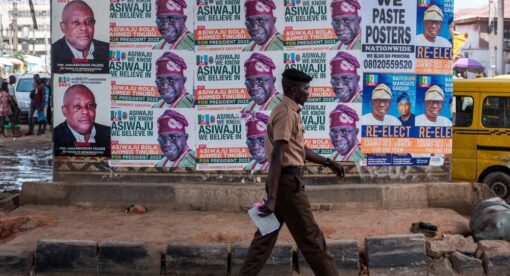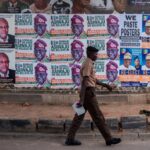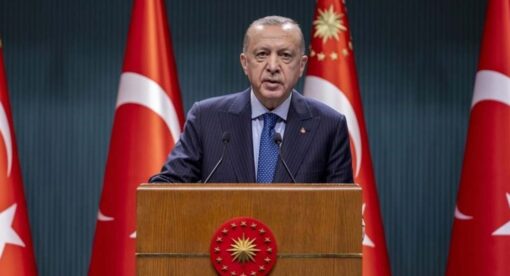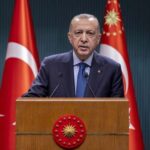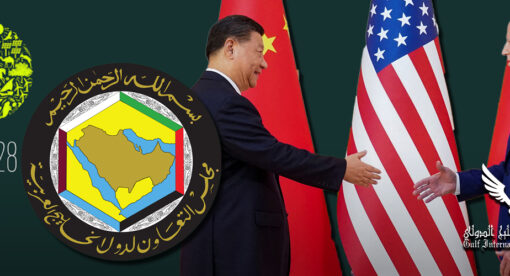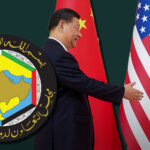The country’s president is pursuing an ambitious reform agenda.
On May 1, Uzbekistan held a long-delayed national referendum on major constitutional amendments. According to the country’s election commission, 84.5 percent of the country’s 20 million eligible voters cast a ballot, and 90 percent of voters approved the reforms. The changes, which offer citizens greater social and legal protections and affect about two-thirds of the national charter, are part of the country’s reform drive, which has been underway since President Shavkat Mirziyoyev assumed office almost seven years ago following the death of his predecessor, Islam Karimov. International coverage of the vote has focused on the expansion of presidential term limits, which allow Mirziyoyev to seek two additional seven-year terms in office. But this offers a very limited view of the scale and potential of change underway in the country.
Beyond Autocracy
That the 65-year-old president, whose current term ends in 2026, could now remain in office until 2040 underscores a key problem facing ruling elites seeking to undertake reforms. They realize that they need to make changes that allow for greater public participation in the affairs of the state in order to avoid major public unrest in the future. But the question is: How can they bring about such changes without undermining their own hold on power?
Many of us who live in advanced democracies tend to be skeptical about such transformations. The expectation is that the reforms must be either genuine or bogus. They can’t be both, and they’re more likely the latter, or so the thinking goes. Reality, however, is much more complex.
Having served as prime minister under Karimov for 13 years, Mirziyoyev knew that the old order was untenable, but until he took over and was able to consolidate power, he couldn’t initiate changes on his own. He also realized that he couldn’t rule in an autocratic manner the same way Karimov did for 27 years, but there were limits to how much he could change the status quo. This explains why he has pursued a complex reform agenda since taking over as president in late 2016.
Read the rest in Geopolitical Futures.

